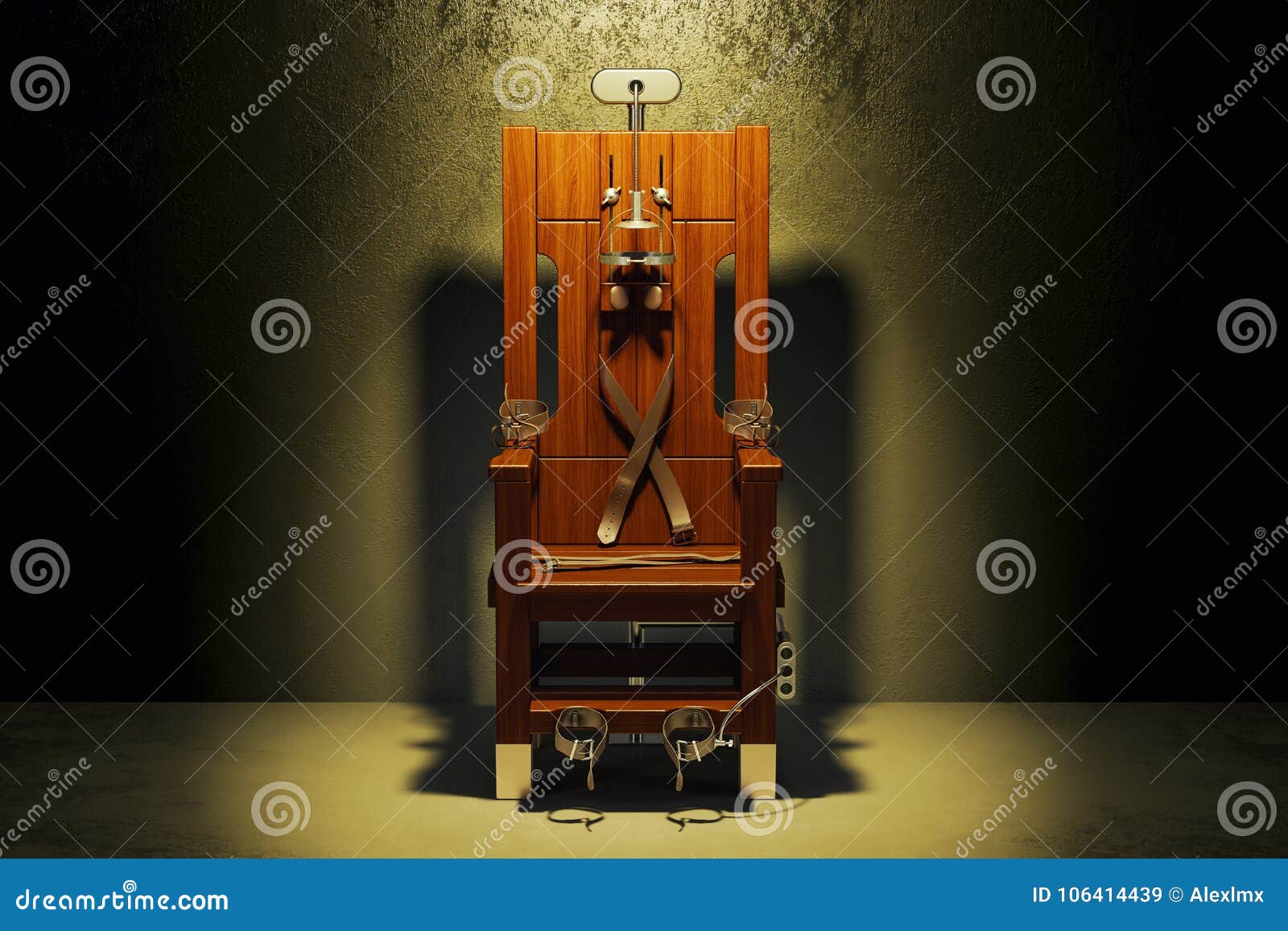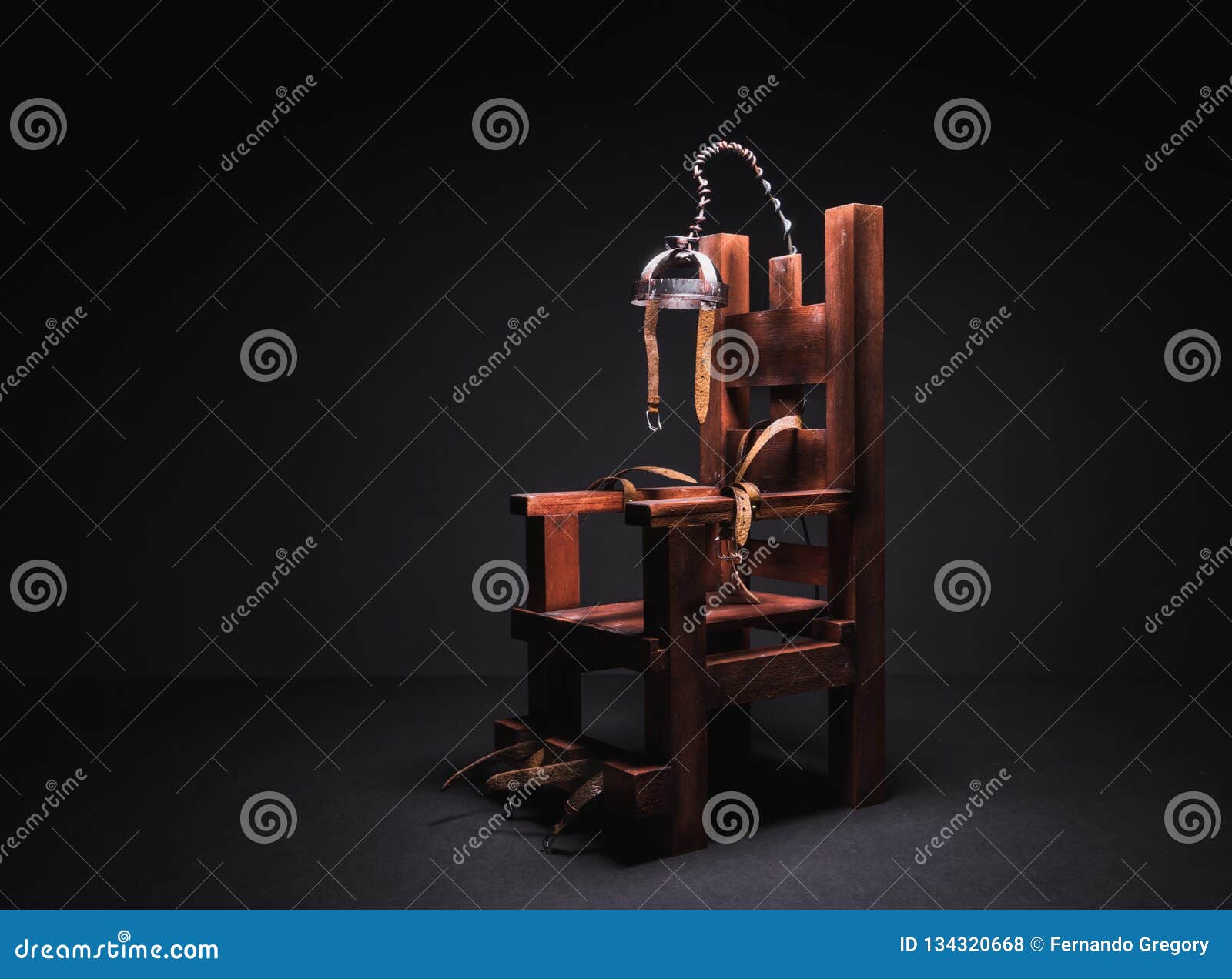One Girl One Electric Chair Dark: A Deep Dive Into The Shadows
Let's talk about "one girl one electric chair dark." Now, that's a phrase that sounds like it could be straight out of a gothic novel or some dark, psychological thriller. But what does it really mean? Is it a metaphor, a story, or maybe even a hidden message waiting to be unraveled? Whatever it is, this phrase has sparked curiosity and intrigue among those who stumble upon it. So, buckle up because we're diving deep into the mystery behind it.
You might be wondering why this phrase is so captivating. Well, it’s the kind of phrase that lingers in your mind, begging to be explored. It’s dark, mysterious, and evokes a sense of unease that makes you want to know more. The combination of “one girl” and “electric chair” paints a vivid picture, but the word “dark” adds an extra layer of complexity that we’ll peel back as we go along.
Before we dive into the nitty-gritty, let’s set the stage. This article isn’t just about decoding a phrase; it’s about understanding the themes, emotions, and cultural implications behind it. So, whether you’re here out of curiosity or looking for deeper insights, you’re in the right place. Let’s get started.
What Does One Girl One Electric Chair Dark Mean?
When we break down the phrase "one girl one electric chair dark," it becomes clear that it’s a powerful metaphor. The “one girl” could symbolize innocence, vulnerability, or even resilience. Meanwhile, the “electric chair” represents punishment, finality, and perhaps even societal justice—or the lack thereof. And the word “dark”? That’s where things get interesting. It could refer to the darkness within human nature, the shadowy corners of our society, or simply the mystery surrounding the entire concept.
Unpacking the Symbolism
Let’s take a closer look at the symbolism here. The electric chair is often associated with death, power, and control. In many cultures, it’s a symbol of ultimate punishment, a tool used to enforce the law. But what happens when we pair it with “one girl”? Does it become a commentary on gender inequality, the mistreatment of women, or the darker side of justice?
- Electric chairs are historically linked to capital punishment.
- The "one girl" element could represent an individual's struggle against an unjust system.
- The "dark" aspect adds an emotional depth that invites interpretation.
These layers of meaning make the phrase more than just words; they transform it into a narrative that resonates on multiple levels.
The Origins of the Phrase
Now, where did this phrase come from? Some say it originated in literature, others believe it’s rooted in music or film. The truth is, its origins remain somewhat shrouded in mystery. However, one thing is certain: it has gained traction in recent years, especially on social media platforms and forums dedicated to exploring the darker corners of human expression.
Connections to Gothic Literature
If you’re familiar with gothic literature, you’ll notice some striking similarities. Themes of death, punishment, and the supernatural often appear in works by authors like Edgar Allan Poe and Mary Shelley. Could “one girl one electric chair dark” be a modern take on these classic themes? It’s definitely worth considering.
Take, for example, Poe’s “The Pit and the Pendulum,” where the protagonist faces imminent death in a terrifyingly dark setting. Or Shelley’s “Frankenstein,” which explores the darker aspects of humanity and the consequences of playing God. These works share a common thread with our phrase, making it a fascinating topic for literary enthusiasts.
Psychological Insights
Psychologically speaking, the phrase taps into some deep-seated fears and anxieties. The idea of a single person facing such a grim fate evokes feelings of helplessness and despair. It’s no wonder that people are drawn to it—it’s a reflection of the darker aspects of our collective psyche.
Dark Psychology and Human Nature
Dark psychology is all about understanding the shadowy parts of human behavior. It examines why people are drawn to things that scare them, fascinate them, or make them uncomfortable. The phrase “one girl one electric chair dark” fits perfectly into this framework because it challenges us to confront our own fears and desires.
Research shows that humans have an innate curiosity about death and danger. It’s why horror movies are so popular, why true crime stories captivate audiences, and why phrases like this one resonate so deeply. They force us to confront the unknown, which can be both thrilling and terrifying.
Cultural Implications
From a cultural perspective, the phrase reflects broader societal issues. It touches on themes of justice, gender, and morality—all topics that are highly relevant today. As we continue to grapple with these issues, phrases like “one girl one electric chair dark” serve as reminders of the complexities involved.
Gender and Justice in Modern Society
Gender inequality remains a pressing issue worldwide. Women are often subjected to harsher punishments than men for similar crimes, and this disparity is evident in both historical and contemporary contexts. The phrase could be seen as a critique of this imbalance, highlighting the need for reform in our justice systems.
Moreover, it raises questions about morality and ethics. Should punishment always fit the crime? Is there room for mercy in a world that often demands retribution? These are questions that deserve serious consideration, and the phrase serves as a catalyst for discussion.
Artistic Interpretations
Artists have long been inspired by themes of darkness and despair. Painters, musicians, and writers have used these elements to create works that challenge and provoke their audiences. The phrase “one girl one electric chair dark” is no exception. It has inspired countless interpretations across various mediums, each adding its own unique twist.
Music and Visual Art
In the music world, bands like Nine Inch Nails and Radiohead have explored similar themes, blending haunting melodies with thought-provoking lyrics. Visual artists, on the other hand, have used dark imagery to convey powerful messages about society and the human condition. Together, these interpretations help bring the phrase to life, giving it new meaning with every stroke of the brush or chord of the guitar.
Historical Context
To fully understand the phrase, it’s important to examine its historical context. The electric chair was first introduced in the late 19th century as a supposedly humane method of execution. However, its use has been controversial ever since, sparking debates about its effectiveness, morality, and legality.
The Evolution of Capital Punishment
Over the years, the electric chair has been replaced by other methods of execution in many countries, but it remains a symbol of a bygone era. Its association with death and finality makes it a fitting metaphor for the darker aspects of human existence. As we reflect on its history, we’re reminded of the importance of justice, fairness, and compassion in our legal systems.
Modern-Day Relevance
In today’s world, the phrase “one girl one electric chair dark” continues to resonate with audiences. It speaks to the ongoing struggles for justice, equality, and understanding. Whether through literature, art, or social discourse, it serves as a reminder of the challenges we face and the progress we’ve made.
Addressing Injustice Through Dialogue
Dialogue is key to addressing injustice. By discussing topics like this, we open ourselves up to new perspectives and insights. It’s not always easy, but it’s necessary if we want to create a better, more equitable world. The phrase acts as a starting point for these conversations, encouraging us to think critically and act compassionately.
Conclusion
In conclusion, “one girl one electric chair dark” is more than just a phrase; it’s a powerful metaphor that invites us to explore the darker aspects of human nature, society, and culture. Through its symbolism, historical context, and modern-day relevance, it challenges us to confront our fears, question our values, and strive for a better future.
So, what do you think? Do you agree that this phrase holds deeper meaning, or is it simply a product of our collective imagination? Share your thoughts in the comments below, and don’t forget to check out our other articles for more thought-provoking content. Together, we can keep the conversation going and make a difference—one word at a time.



Detail Author:
- Name : Blaze Bruen
- Email : asa.welch@hotmail.com
- Birthdate : 1998-12-30
- Address : 7639 Mike Via Apt. 934 Rowehaven, DC 95306
- Phone : +1-234-698-1154
- Company : Russel-Spencer
- Job : Animal Scientist
- Bio : Perspiciatis rerum saepe libero ut voluptatum sint voluptatem. Aut eos recusandae saepe sit. Facere consequatur necessitatibus iusto aut.